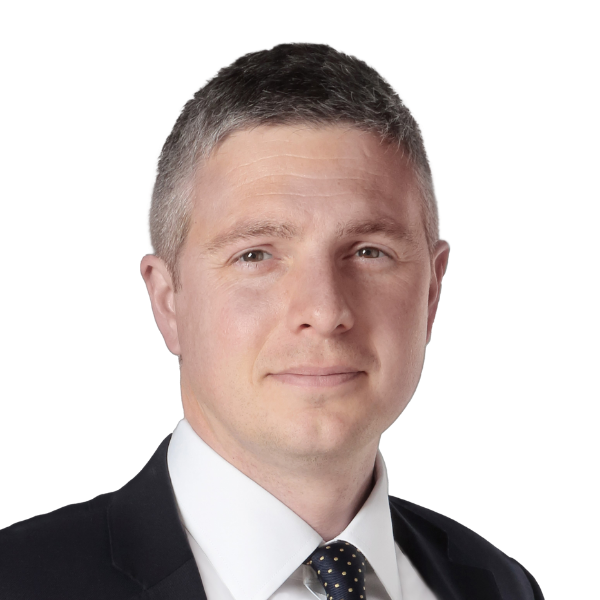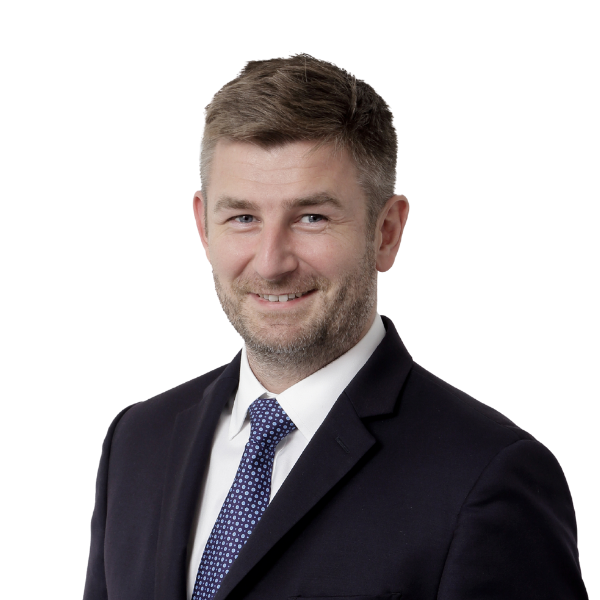When a case requires forensic building investigations for finding construction defects, how do you find and choose the expert witness to work with? We have already written about the fine, but critical difference between a good and a great expert witness. Here, we will slightly refine the focus – when you have several potential expert witnesses, what considerations should guide your choice?
Qualifications
In order for an individual to be accepted as an expert in a field, he or she should have relevant skills and experience. For most industries, college degrees, especially advanced ones speak for an individual’s skills; however, this is not always the case in real estate and construction. There are still many people whose careers have flourished and who have become industry leaders without ever stepping foot on a college campus (unless they helped build it!). A good rule of thumb is to check whether a majority of those in the experts’ trade holds a degree. For example, many forensic engineers or architects would likely have a Bachelor’s or advanced degrees, not so much for a fenestration expert.
Next, you should inquire whether the construction expert has any ancillary qualifications or certifications that give them a deeper understanding of the matter. This could be a contractor’s license in their field, involvement with trade organizations, or certificates from organizations such as International Code Council. Also, since most construction jobs are project-based, the expert’s selected projects on their curriculum vitae can help you determine if their construction experience matches your case support needs.
Presentation
Qualifications make an individual an expert, but presentation skills make a good expert witness, as we have already explained in the previous blog (that’s still not a great expert witness, though). Presentation skills are the sum of three important skills and traits: communicative skills, personality, and appearance.
As you search for the best expert witness for investigating construction defects, keep in mind that you are not looking for the one who knows best. You need someone who has the knowledge and the skills to testify in court.
Presentation is the whole package: the way the witness talks and gestures, their demeanor, their posture, and their looks. The polarity of the impression the witness makes can subconsciously affect the decisions of the judge and the jury (who are the ones making that ultimate decision).
Experience
This is a momentous consideration. It includes several points to go over, all of which relate to the expert’s professional experience and testifying experience. Here are some questions to ask as you shortlist your candidates for forensic building investigations.
- Does the expert have relevant experience in the field that the case is concerned with?
- Is the expert still active in the field?
- Has the expert written or spoken on the matter of the case? If yes, do the views expressed help the case?
Relevant and fresh professional experience is very important, but there is also the expert’s experience in the courtroom. Some aspects of testifying competence come with litigation experience and those qualities are desirable in an expert witness – the ability to think on your feet and the ability to roll with the punches. In general, the larger the expert’s testifying experience, the more you can rely on their ability to take on cross-examination and the less glamorous moments of trial, like boredom and red tape. You can ask a potential expert the following:
- What kind of cases has the expert testified in?
- How well do they know the litigation process and procedures?
- Has their testimony ever been excluded through a Daubert challenge or another challenge? What was problematic?
- Does the expert’s experience suggest a bias toward plaintiffs or defendants? (Do they work only on behalf of plaintiffs or defendants?)
- Has the expert ever witnessed for the opposing party? If yes, what was their position in that case?
Final thoughts
On top of everything said above, there are some practical factors worth mentioning. First of all, make sure the candidate you choose explicitly accepts the position.
Secondly, discuss whether the candidate is available to work with you. Litigation is a process, not an occasion. Does the expert have enough time in their schedule to look into the matter? Forensic building investigations are rarely done-and-done. New evidence or considerations regularly crop up as the case progresses. It is crucial that you can rely on the expert witness to work with you throughout.
Thirdly, does the expert have a network of colleagues and professionals from related areas to turn to for an exchange of thoughts and experiences? If they do, that gives you access to a pool of experts actually.
Reach the expert you need for your case’s forensic building investigations
If you need a truly great expert witness to support your case, VERTEX can assist. Our experts have real-world practice in virtually all specialties of the built environment, and our comprehensive range of services enables us to approach every construction-related problem at the greatest depth and breadth.
To learn more about VERTEX’s Forensic Consulting and Expert Witness Services or to find an expert witness for your case, call 888.298.5162 or submit an inquiry.
This article was originally published by Xpera Group which is now part of The Vertex Companies, LLC.



